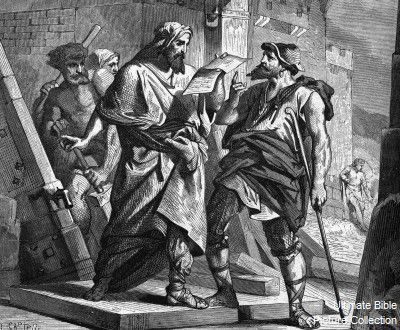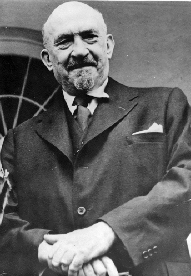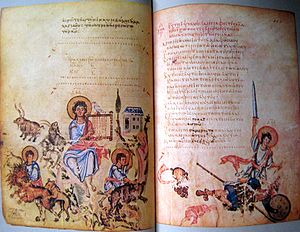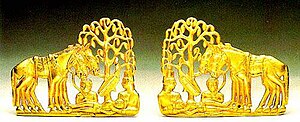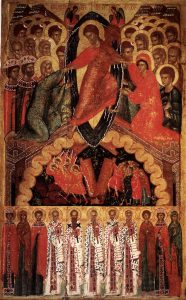
Continuing from the post previous to this one,
Could Nehemiah have had reasonable access to their intentions?
This is the passage being discussed. Sanballat and others repeatedly send messages to Nehemiah to meet them at Ono, but each time Nehemiah, believing that they intend to do him “harm”, declines their invitations with the same reply.
1 Now it happened when Sanballat, Tobiah, Geshem the Arab, and the rest of our enemies heard that I had rebuilt the wall, and that there were no breaks left in it (though at that time I had not hung the doors in the gates), 2 that Sanballat and Geshem sent to me, saying, “Come, let us meet together among the villages in the plain of Ono.” But they thought to do me harm.
3 So I sent messengers to them, saying, “I am doing a great work, so that I cannot come down. Why should the work cease while I leave it and go down to you?
4 But they sent me this message four times, and I answered them in the same manner. 5 Then Sanballat sent his servant to me as before, the fifth time, with an open letter in his hand. 6 In it was written:
It is reported among the nations, and Geshem says, that you and the Jews plan to rebel; therefore, according to these rumors, you are rebuilding the wall, that you may be their king. 7 And you have also appointed prophets to proclaim concerning you at Jerusalem, saying, “There is a king in Judah!” Now these matters will be reported to the king. So come, therefore, and let us consult together.
<
p style=”padding-left: 40px;”> 8 Then I sent to him, saying, “No such things as you say are being done, but you invent them in your own heart.” 9 For they all were trying to make us afraid, thinking, “Their hands will be weakened in the work, and it will not be done.” Now therefore, O God, strengthen my hands. (6:1-9)
The obvious question to ask (although Clines whole point – writing around 1994 — is that no biblical historian has asked them, save only one, Fensham, who did at least express some awareness of some issues) is how Nehemiah knew about Sanballat’s intentions.
Did a spy for Nehemiah see and overhear Sanballat say “Let’s do some ‘harm’ (in general) to Nehemiah!”? This is scarcely a convincing explanation.
Is it not in fact rather difficult to plot to do harm in general?
If Nehemiah was really informed about Sanballat’s intentions, then we have to explain why he appears not to have known this. He does, after all, repeatedly send the same invitation as if he has no knowledge of the reasons for Nehemiah’s declining it.
Do the subsequent actions of Sanballat and his allies bear out Nehemiah’s suspicions of them?
Well, nothing actually happens from Sanballat’s side to threaten Nehemiah in person or to sabotage the wall building.
Look at the contents of Sanballat’s letter again. All it says is that: Continue reading “Biblical historical methods and the Book of Nehemiah (3)”

